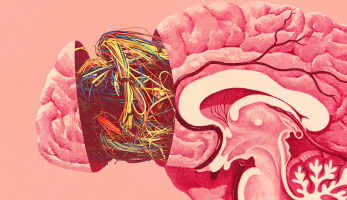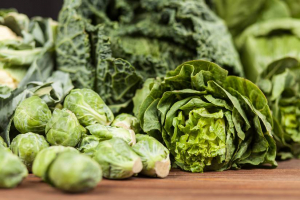Top 10 Eating Habits That Could Lead to Serious Health Problems
It's no surprise that eating healthful foods makes you feel healthier. Your diet can have a big impact on your health, particularly when it comes to your ... read more...heart. Bad eating habits can increase risk factors for heart disease and other cancers including weight gain, inactivity, stress, high blood pressure, high cholesterol, and obesity. Read on to find out about eating habits that can cause health problems below!
-
Burgers and sizzling steaks are stapled foods in many people's diets. However, studies have indicated that consuming red and processed meat on a regular basis can increase the risk of type 2 diabetes, coronary heart disease, stroke, and some cancers, including colorectal cancer.
Actually, less than 1% of deaths linked to diet were caused by red meat. Red meat also offers a number of minerals, including B vitamins, iron, and zinc, in addition to being high in protein. Although there isn't a set amount that you must consume each week of red meat, the American Institute for Cancer Research advises keeping your intake to around 18 ounces. The important thing to keep in mind is that quality matters: Lean cuts of grass-fed red meat are preferable to processed meats, avoid meat raised in factory farms and skip processed meats

Too Much Red Meat 
Too Much Red Meat -
According to the JAMA study, a diet high in solid fats contributed to 2.3% of diet-related deaths from cardiometabolic conditions like stroke, heart disease, and Type 2 diabetes. At room temperature, solid fats including beef fat, butter, shortening, coconut oil, and palm oil are solid.
In fact, they have higher levels of trans and saturated fats than oils. Therefore, too much-saturated fat can cause cholesterol to build up in your arteries (blood vessels). Saturated fats raise your LDL (bad) cholesterol. High LDL cholesterol increases your risk for heart disease and stroke. You are better off choosing foods higher in healthier fats, such as monounsaturated and polyunsaturated fats. These fats tend to be liquid at room temperature. Choose heart-healthy oils instead, including avocado or olive oil.

Too Many Solid Fats 
Too Many Solid Fats -
5.9% of the deaths studied were related to low whole grain consumption and excessive consumption of processed grains. The complete grain kernel is present in whole grains such as brown rice, bulgur, whole-wheat flour, and oatmeal. The study found that eating more than 7 servings of refined grains and cereals, or more than 350 grams, increased the risk of early death by 27% compared to eating less than 50 grams per day. It also increased the risk of heart disease by 33% and the risk of stroke by 47%.
Refined grains have undergone processing to remove the bran and germ, giving them a finer texture and longer shelf life. Examples of these grains include pasta, white rice, and white bread. While most of the iron and B vitamins that are removed during milling are put back into refined grains, the fiber is lost forever. Depending on their age and sex, adults should consume between 5 and 8 ounces of grains daily, with at least half of those grains coming from whole grains.
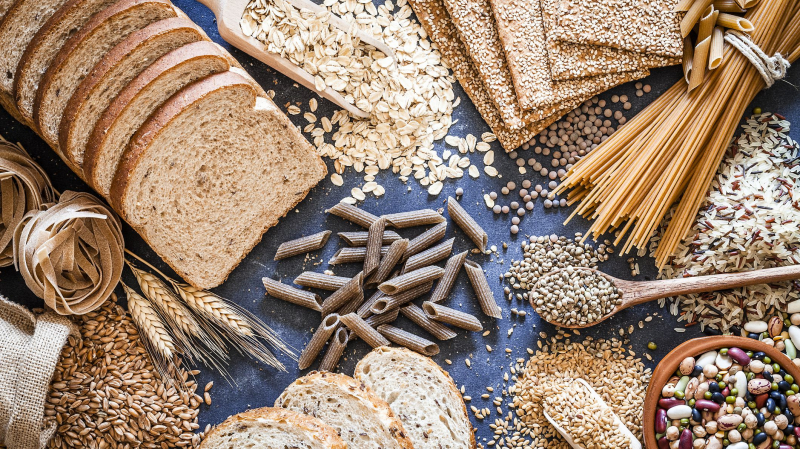
Too Many Refined Grains 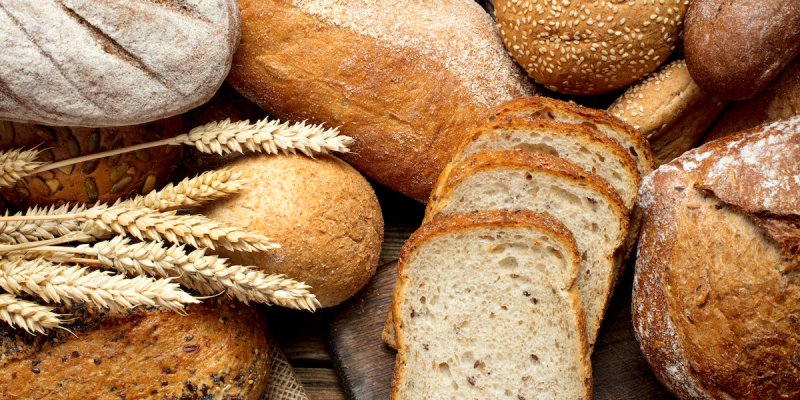
Too Many Refined Grains -
Sugar-sweetened beverages (SSBs) or sugary drinks are leading sources of added sugars in the American diet. More early deaths among people between the ages of 25 and 64 were linked to sodas and other sugary drinks than any other dietary factor. Sugary drinks were responsible for 7.4% of deaths overall, affecting more men than women.
Drinks high in sugar are linked to obesity, metabolic syndrome, and tooth decay, and the Boston Public Health Commission reports that women who consume one or more sugary drinks per day have an almost double the risk of developing diabetes compared to those who consume one or fewer. The U.S. government's dietary recommendations state that fewer than 10% of your daily calories should come from added sugars. Consider substituting seltzer water, flavored water, tea, or fresh vegetable juice for soda and other sugary beverages.

Too Many Sugary Beverages 
Too Many Sugary Beverages -
Vegetables and fruits are important components of the human diet and should be a major part of the human daily diet. Fruits are a great source of potassium, vitamin C, folic acid, and dietary fiber—all important nutrients that are often under-consumed. For 7.5% of the diet-related cardiometabolic deaths studied, the daily recommended fruit intake was skipped.
Vitamins A, C, E, and K, as well as minerals like potassium, magnesium, and calcium, are rich in fruits. They have antioxidant properties and are a good source of dietary fiber. Because it is impossible to obtain all these nutrients from a single fruit or vegetable, a variety of fruits and vegetables should be consumed. It's recommended for most adults that 2 cups of fruit every day, it's super important to get enough servings of colorful foods each day.
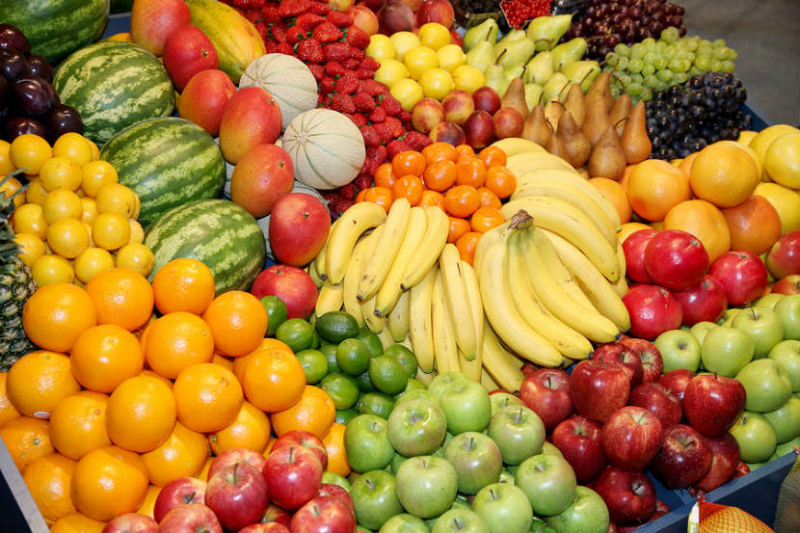
Not Enough Fruit 
Not Enough Fruit -
It seems that your parents were right to advise you to eat more vegetables. 7.6% of the deaths studied were related to low vegetable intake. Vegetables, like fruits, are low in calories and fat, and none of them contain cholesterol.
Most vitamins, like vitamins A, C, and K, are concentrated in vegetables, so not eating enough of them could lead to deficiencies. These vitamins all serve purposes for eye health, immunity, brain health, and more, so they're super important each day. Eating vegetables regularly lowers the risk of a number of diseases, including heart disease, diabetes, Alzheimer's disease, cancer, and more because they are so nutrient-dense. To stay in top shape, increase your longevity, and strengthen your immune system, make sure you consume 2.5 to 3 cups of veggies daily.

Not Enough Vegetables 
Not Enough Vegetables -
There is no denying that seafood has a good impact on health. Scientific studies conducted over a long period of time have demonstrated that eating a lot of seafood may help you avoid developing a number of diseases. Additionally, seafood is a great source of nutrients that are sometimes lacking in the diets of many people.
Omega-3 fatty acids, which are rich in fish and are good for the heart, are essential for proper brain function, reduce inflammation, and lessen your risk of heart diseases. Furthermore, research suggests that diets high in seafood may offer protection against health conditions like CHD and cognitive decline. Fish high in omega-3 fatty acids and low in mercury should be sought out, such as salmon, anchovies, sardines, herring, Pacific oysters, trout, and Atlantic and Pacific mackerel.

Not Enough Seafood 
Not Enough Seafood -
Processed meat is meat that has been preserved by curing, salting, smoking, drying or canning. Sadly, 8.2% of all diet-related deaths that were studied were caused by eating too much-processed meat. Food products classified as processed meat include:
- Sausages, hot dogs, salami.
- Ham, cured bacon.
- Salted and cured meat, corned beef.
- Smoked meat.
- Dried meat, beef jerky.
- Canned meat.
Cold cuts, sausage, bacon, and hot dogs are examples of processed meats, which are preserved by smoking, curing, salting, or adding preservatives, according to the American Heart Association. According to Alicja Wolk, D.M.SC., professor in the Institute of Environmental Medicine's Division of Nutritional Epidemiology, processed meat additives like sodium, nitrates, and phosphates are to blame for consumers' increased risk of heart failure.

Too Much Processed Meat 
Too Much Processed Meat -
It's interesting to note that 8.5% of the deaths studied were caused by consuming insufficient nuts and seeds. The protein food group includes nuts and seeds, which are also highly nutrient-dense. They contain polyunsaturated fats, fiber, and magnesium.
According to research in the medical journal BMC Medicine, consuming 20 g (or about a handful) of nuts daily can reduce your risk of diabetes and heart disease by over 40% and 30%, respectively. However, due to their high-calorie content, try to limit your consumption and swap them out for other protein-rich foods like meat. The American Heart Association advises consuming four servings of nuts each weight 1 1/2 ounces per week. Different types of nuts have slight differences in their vitamin and mineral content, so eating a variety of nuts will increase your levels of various nutrients.
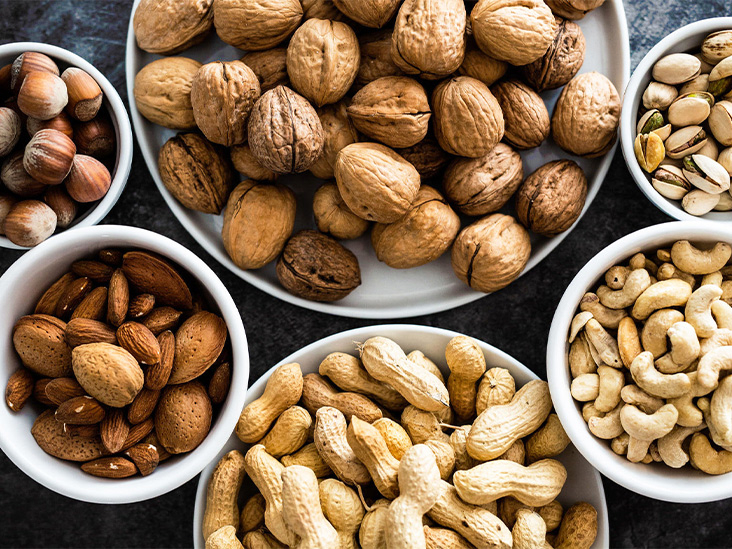
Not Enough Nuts and Seeds 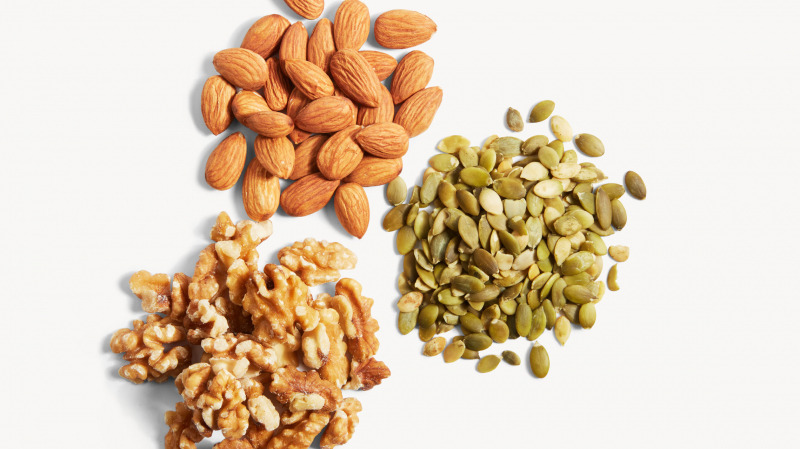
Not Enough Nuts and Seeds -
High sodium consumption ranked first among diet-related cardiometabolic deaths in 2012, accounting for 9.5% of the 318,656 deaths studied. Deaths from sodium were most common among people over 65.
Your body retains water when you consume sodium, and the American Heart Association warns that having too much water in your body can strain your heart and blood vessels. The AHA recommends a daily maximum of 1,500 mg or less than 1 teaspoon of salt. In fact, sodium is a nutrient that you don't need to actively seek out. The salt content of almost all whole foods, such as fruits, vegetables, whole grains, nuts, meats, and dairy products, is low. The majority of salt in your diet comes from foods that have been prepared commercially, not from salt added during home cooking or even salt added at the mealtime table. Avoid processed foods, cheeses, packaged snacks, and frozen dinners to reduce your sodium intake. Choose fresh foods and flavor your meals with herbs, spices, vinegar, or citrus juices.

Too Much Sodium 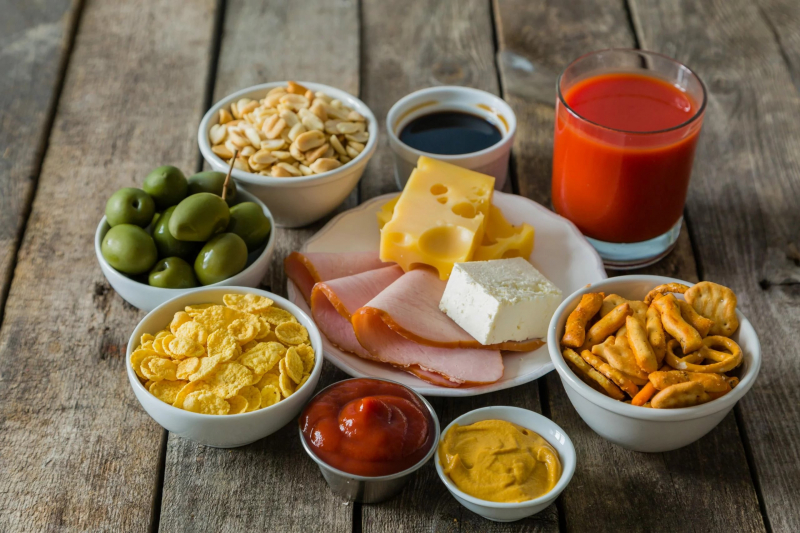
Too Much Sodium


















